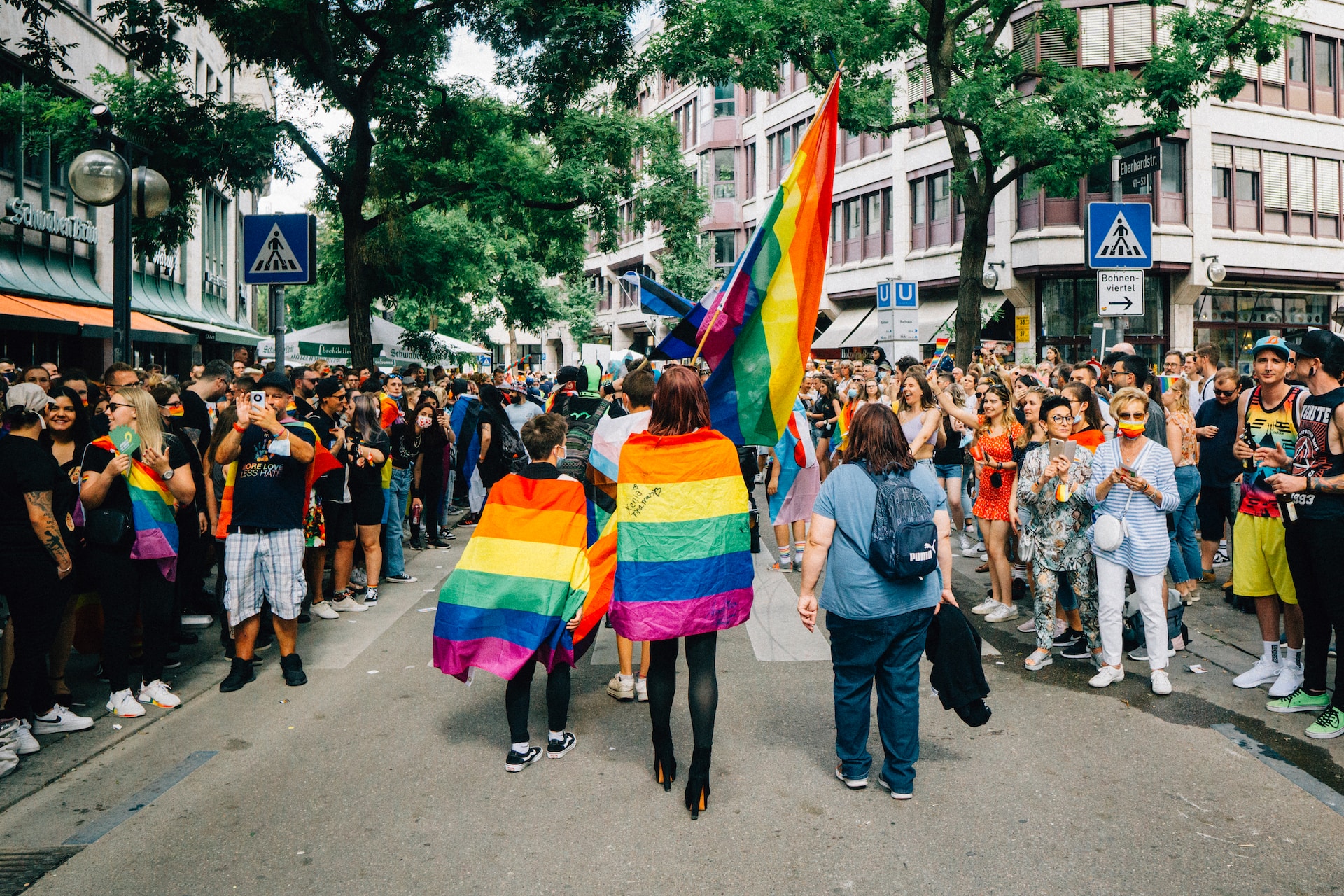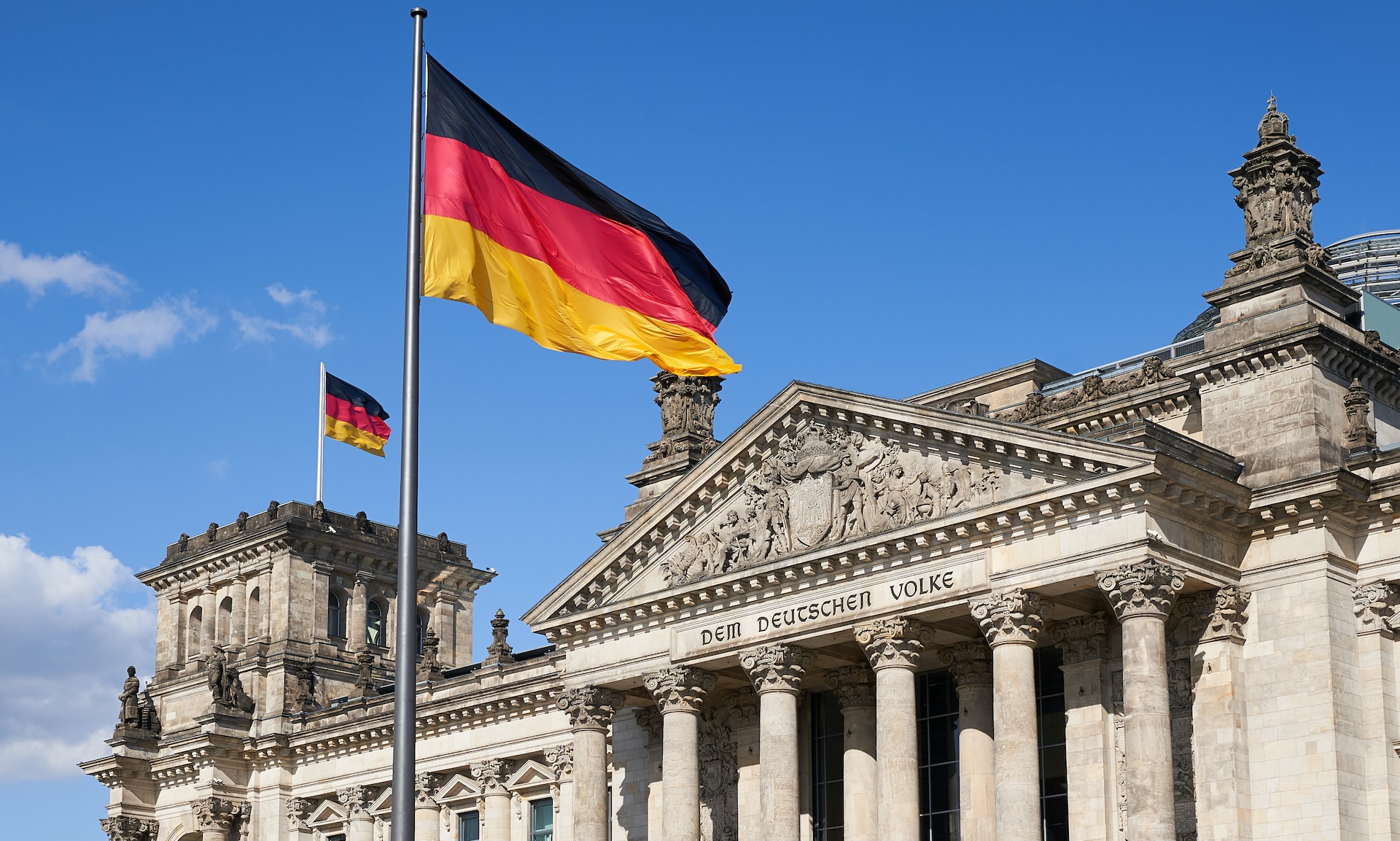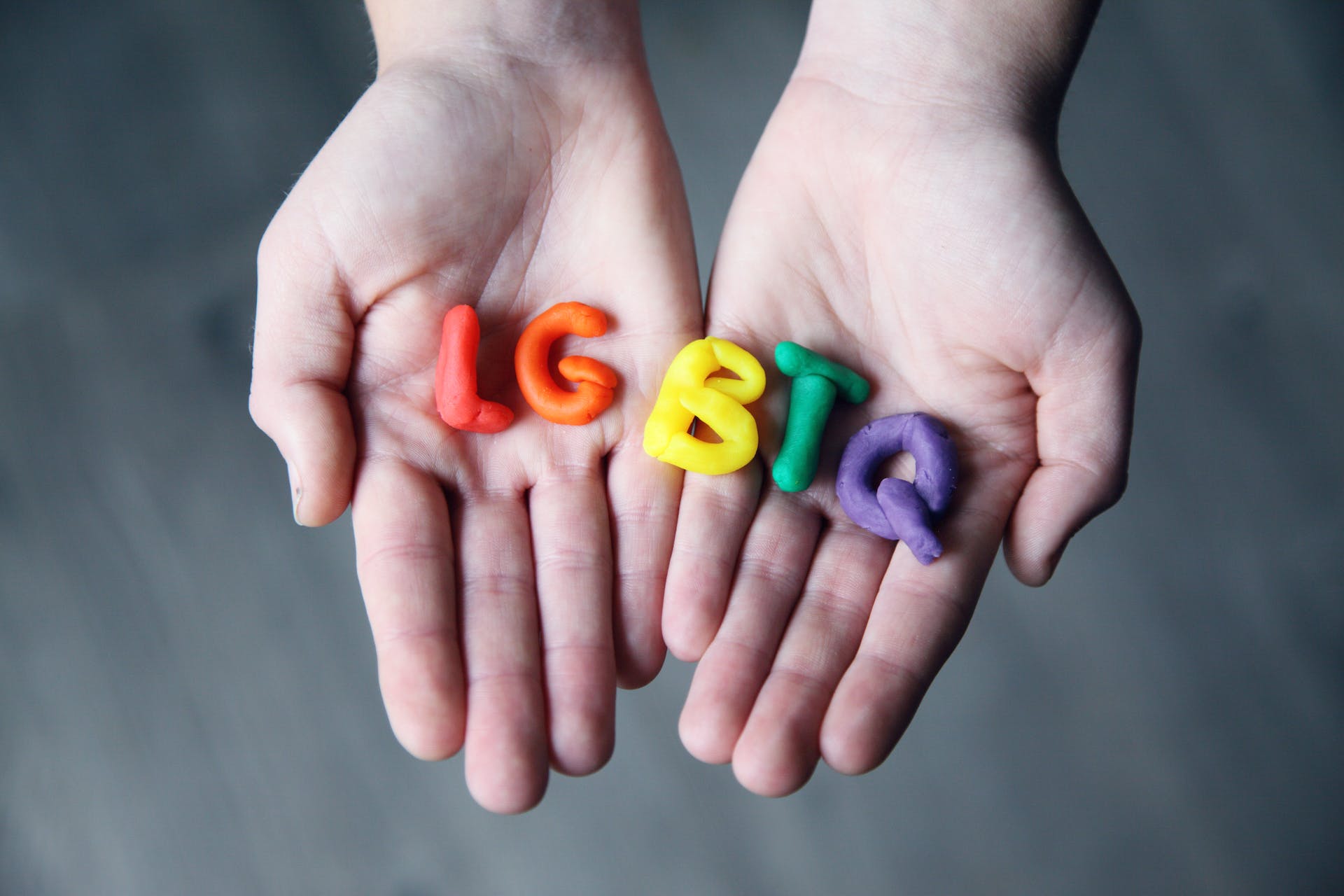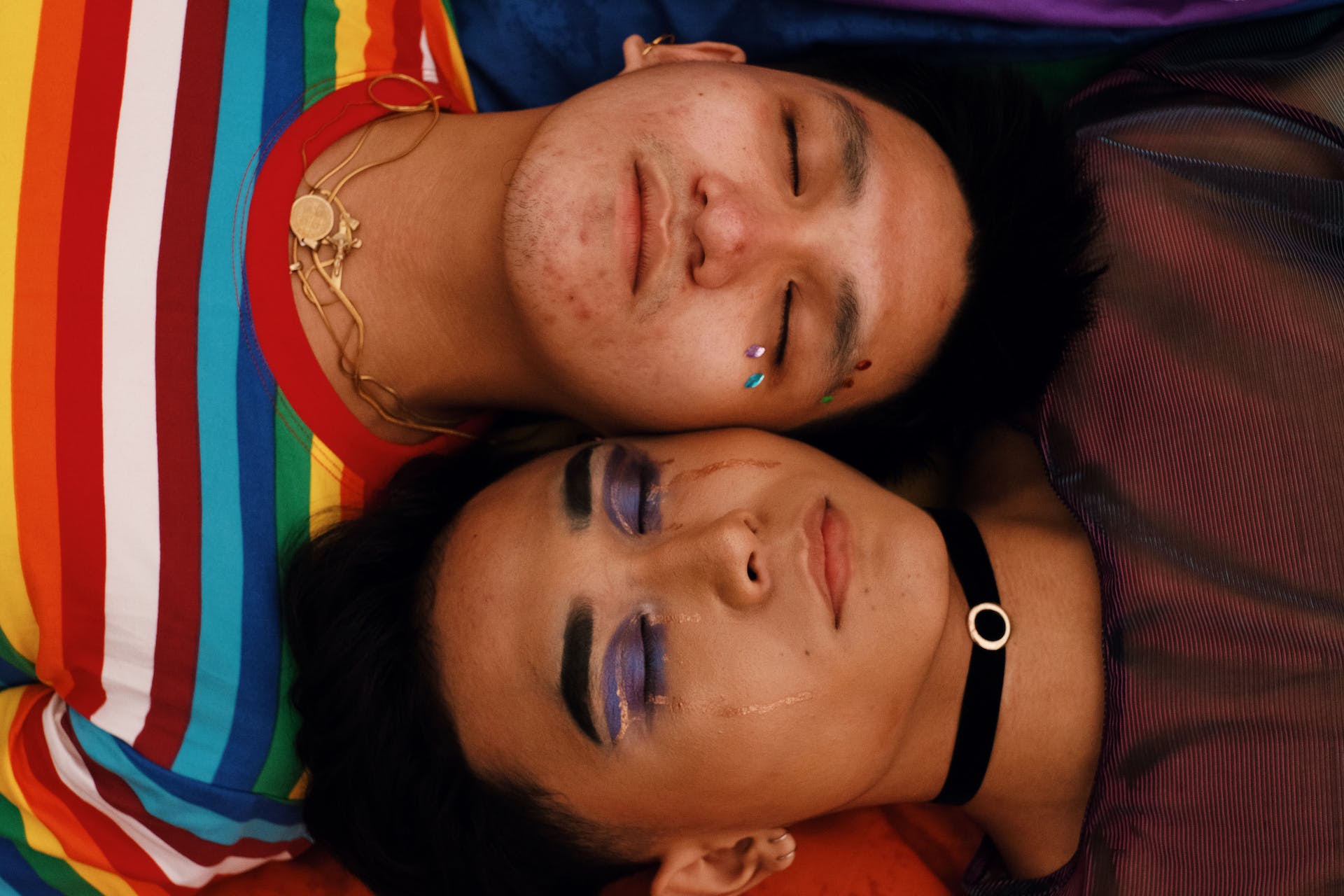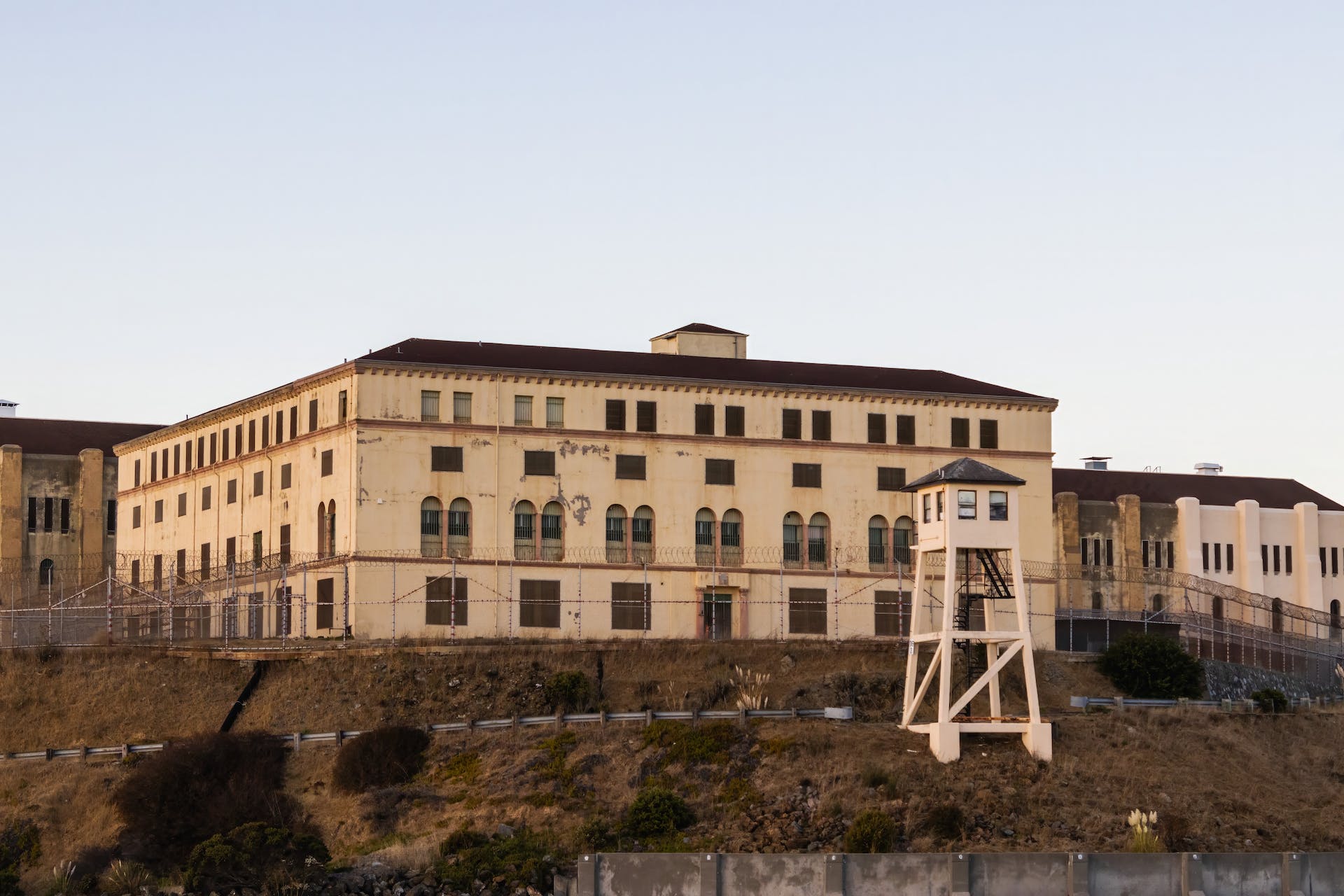Malta’s Progressive Shift: A Beacon for LGBTIQ+ Rights

In the heart of the Mediterranean Sea lies Malta, an archipelago known for its rich history and conservative roots. However, in recent years, Malta has emerged as an unlikely leader in LGBTIQ+ rights, setting an example for countries around the world. This transformation is the focus of an innovative project by Audrey Rose Mizzi, showcased through an Instagram carousel as part of Europeana’s Digital Storytelling Festival.
Europeana’s Creative Residency
Pioneering Digital Storytelling
In May and June of 2023, Europeana’s Digital Storytelling Festival launched its first Online Creative Residency. Eight participants were selected to explore and animate the narratives of LGBTQ+ culture and communities. Through the guidance of experienced mentors in various fields, these digital storytellers harnessed new media to shed light on the vibrant tapestry of queer life and history.
Malta’s Journey
From Conservatism to Acceptance
Malta’s journey from a traditionally conservative society to a front-runner in LGBTIQ+ rights is not only surprising but also deeply inspiring. Audrey Rose Mizzi’s Instagram project delves into this transition, unraveling the layers of societal change that have led to Malta’s current status.
Legislative Landmarks
Key to Malta’s success has been a series of progressive legislative reforms. These have included the legalization of same-sex marriage, comprehensive anti-discrimination laws, and the introduction of groundbreaking gender identity laws. Each legislative step was a building block in creating a society that not only tolerates but celebrates diversity.
Cultural Shift
The Role of Advocacy and Activism
The cultural shift towards greater acceptance and inclusivity in Malta did not happen overnight. It was the result of relentless advocacy and activism by numerous individuals and organizations within the LGBTIQ+ community. These efforts have helped to educate the public, influence policymakers, and reshape the cultural narrative.
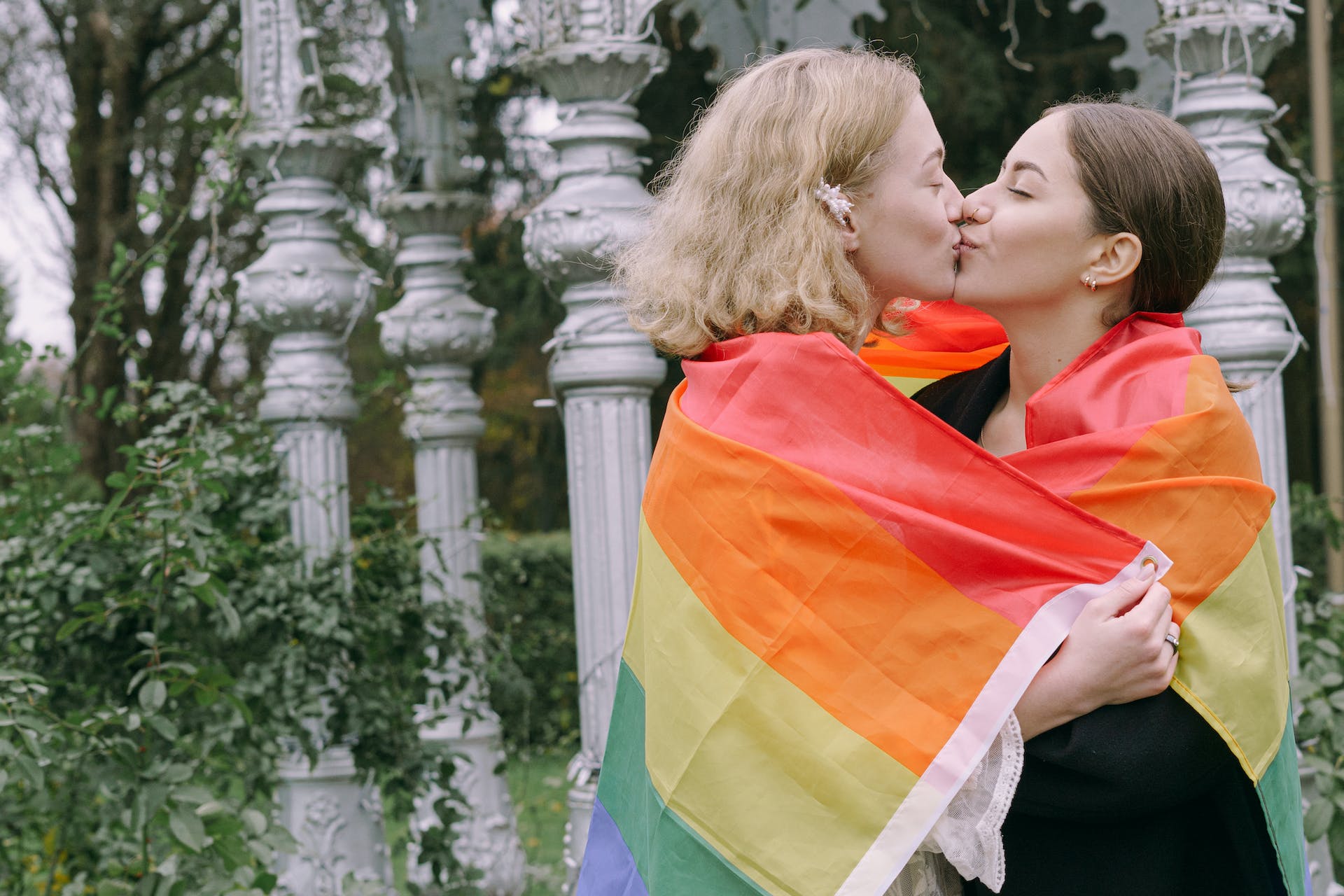
Public Perception and Support
As laws changed, so did public perception. The Maltese people’s growing support for LGBTIQ+ rights reflected a broader trend of social liberalization. This change in mindset has been pivotal in allowing the community to thrive openly.
Global Recognition
Leading by Example
Malta’s stance on LGBTIQ+ rights has earned it international accolades. The country has been recognized by various human rights organizations for its comprehensive legal protections for LGBTIQ+ individuals, serving as a model for other nations grappling with similar issues.
The Impact of Visibility
Mizzi’s Instagram carousel brings visibility to Malta’s accomplishments in the realm of LGBTIQ+ rights. By highlighting this transformation, the project not only celebrates the progress made but also encourages ongoing dialogue and action.
Conclusion
Malta’s evolution into a gay-friendly haven is a testament to the power of progressive thought and the impact of collective action. As the world watches, Malta stands as a reminder that change is possible, and that even the most conservative of societies can grow to become champions of equality and human rights.
©equalityvoices.org




